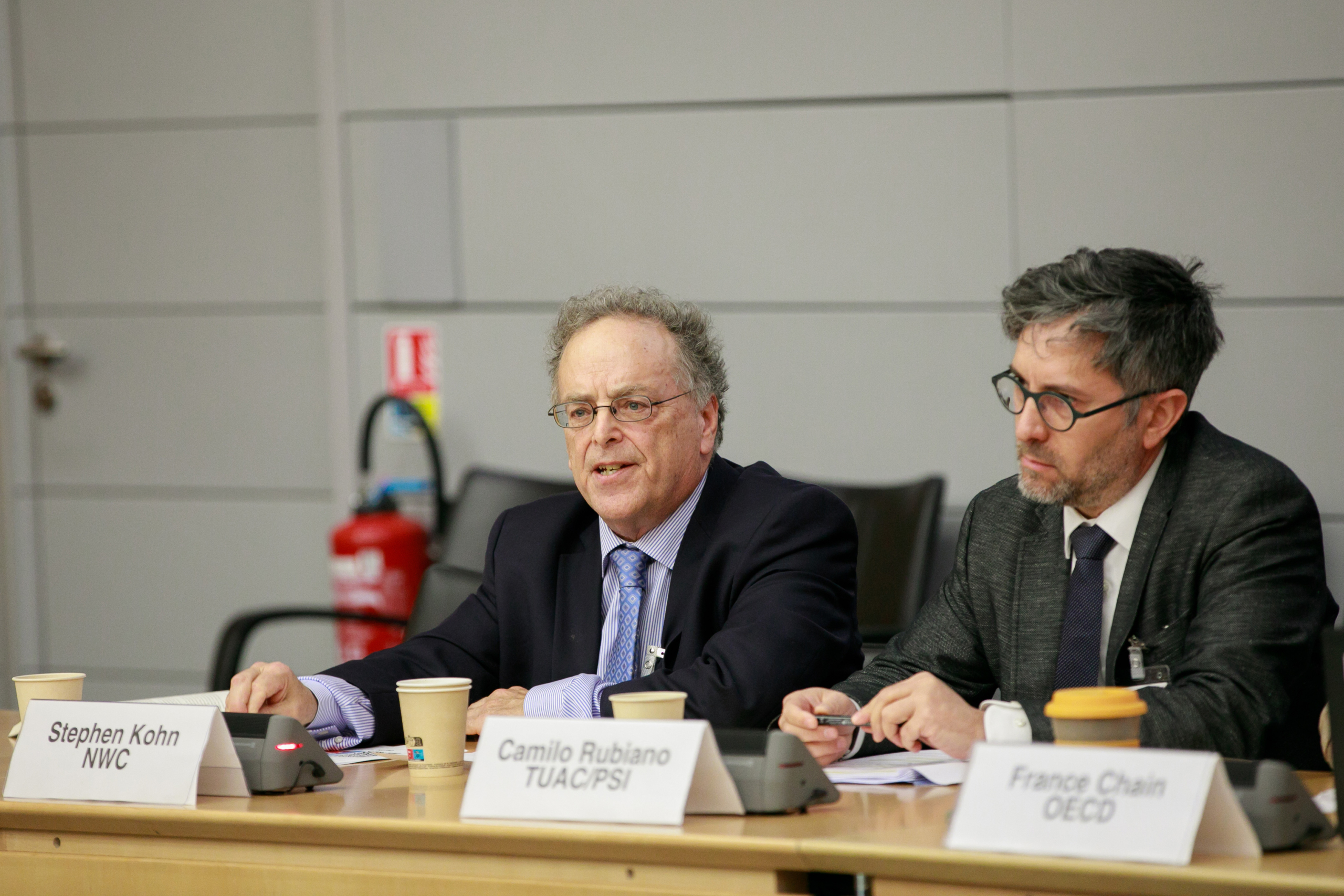Supreme Court to Review Statute of Limitations Question in False Claims Act Case

Friend of court brief filed in support of qui tam whistleblower
On February 8, 2019, the National Whistleblower Center (NWC) filed an amicus curiae brief in a False Claims Act (“FCA”) case before the U.S. Supreme Court. The Court agreed to hear the case of Cochise Consultancy, Inc. v. United States, ex rel. Hunt to settle a three-way split between circuits. The split concerns whether qui tam relators may rely on the statute of limitations in 31 U.S.C. § 3731(b)(2)— if so, whether the three-year limitations period in 31 U.S.C. §3731(b)(2) begins to run from the date of the relator’s knowledge of the alleged false claim, or from the date of the responsible government official’s knowledge of the alleged false claim — when the government does not intervene.
The Eleventh Circuit held that the FCA’s three-year limitations period was triggered by the government’s knowledge of the alleged fraud—not the relator’s knowledge—and therefore, that the relator’s knowledge of the alleged fraud was irrelevant to the analysis.
Whistleblower lawyer Stephen M. Kohn, a founding partner of Kohn, Kohn & Colapinto, is the principal author of the NWC’s amicus brief. The NWC brief argued that the he plain language of the statute supports the eleventh Circuit’s decision. Kohn argues in the brief that the statute “clearly states that the ten-year statute of limitations applies equally to both relators and government officials and to any civil action brought under section 3730.”
Kohn further asserted that the FCA’s first to file bar is the primary method of ensuring FCA complaints are filed promptly and not the statute of limitations. Under the first to file provision, those who file later are barred from receiving a whistleblower reward in a qui tam lawsuit.
Kohn refuted the argument put forth by the U.S. Chamber of Commerce, et al. amicus brief (Chamber) that the delays caused by a 10-year statute of limitations in non-intervened False Claims cases cause hardship to defendants. The Chamber relied on a statistical analysis of 2,086 cases where the government did not intervene that were litigated between 2004 and 2013. The NWC reviewed the statistical data set-forth by the Chamber as support for its argument and found it to be flawed and representing “a gross exaggeration of the alleged problems.” Based on this Kohn argued in the NWC amicus brief that the Court should reject the Chambers argument in full.
The Supreme Court will hear oral arguments in this case on March 19, 2019.
Learn more:
Amicus Curiae brief of National Whistleblower Center
Amicus Brief of the U.S. Chamber of Commerce Brief of Petitioners
Brief of Petitioners Brief of Whistleblower Billy Joe Hunt




